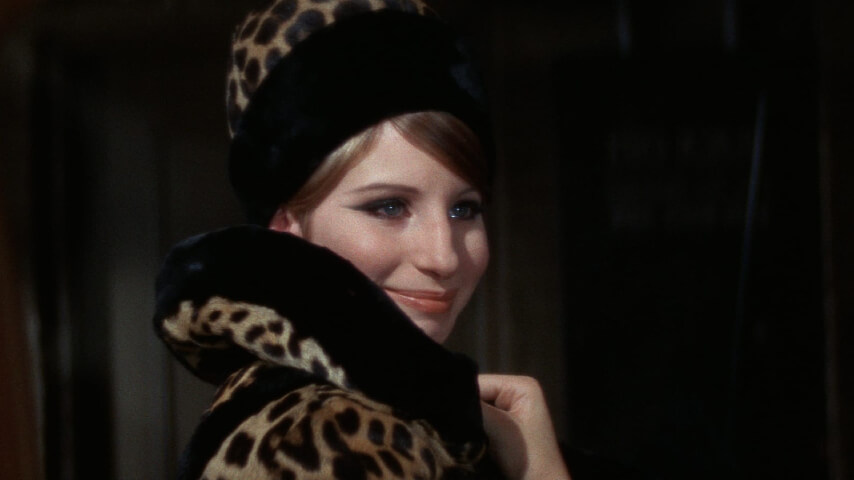Cult Of Criterion: Funny Girl
William Wyler was the perfect lightning rod for Barbra Streisand's electric charisma in her still-riveting screen debut.
Photo: The Criterion Collection
In Cult Of Criterion, The A.V. Club highlights a new release from The Criterion Collection each month, examining the films entering an increasingly accessible film canon.
Funny Girl might sound a bit conventional to focus on for a series that has “cult” in its title, but compared to the rest of the Criterion releases this month (which include Godzilla, Seven Samurai, Scarface, Paper Moon, and The Shape Of Water), Barbra Streisand’s 1968 screen debut might be the one deserving most of a little extra love. As Hollywood’s increasingly nervous attitude towards musicals keeps straying towards genre cowardice, Funny Girl’s unconventional approach to convention feels as fresh as ever. Its star-driven balancing act between tried-and-true traditionalism and youthful irony keeps you rapt, amazed that the do-it-all wunderkind at its center can truly make it all the way across the tightrope.
Though it can sometimes feel like Barbra Streisand’s electric charisma would jolt any film to life, Funny Girl director William Wyler was the perfect lightning rod. Two legends at the respective beginning and end of their careers, Streisand became the final member of Wyler’s personal Oscar troupe. The Ben-Hur filmmaker directed more performances to Oscar nominations (and wins) than anyone in history, and he’d given Audrey Hepburn a similarly starry springboard in Roman Holiday 15 years earlier. With Funny Girl, Streisand made his job easy.
The pair’s close working relationship is discussed at length in a new audio essay Streisand recorded for the Criterion release, and she makes it sound miraculous. Though Wyler and Streisand’s dueling particularities have long been a source of rumor, the pair spoke of each other with mutual admiration. “God, I loved him,” Streisand says in the special feature. For his part, Wyler recalled that, “I’d much rather work with someone like Barbra, a perfectionist insisting on giving her best at all times and expecting it of everyone else, than a star who doesn’t give a hoot.”

 Keep scrolling for more great stories from A.V. Club.
Keep scrolling for more great stories from A.V. Club.